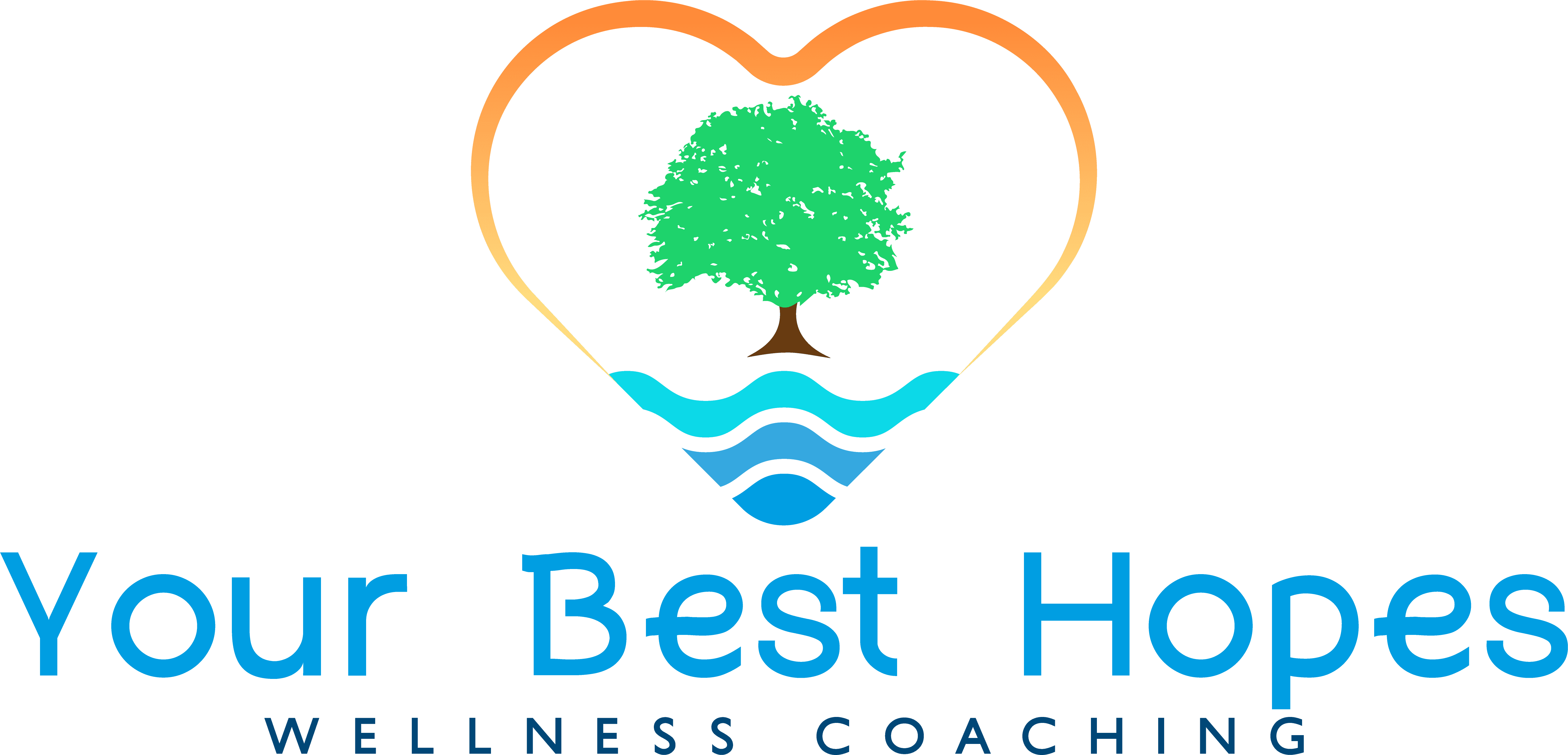I’m angry.
I’m sad.
I’m downright exhausted.
And I’m frustrated.
I’m frustrated with all the social media, mainstream media, friends, family, colleagues – everybody telling me what to do. What to wear. How to look. How to feel. Where to be. How to be.
I have spent so much time over the last several weeks steeped in grief. Grief from the loss of a beloved niece whose brave little soul was ready to rest after almost 25 years of living in a fragile state with a severe genetic brain disorder. And the additional grief in not being able to be with my family in our greatest hour of need.
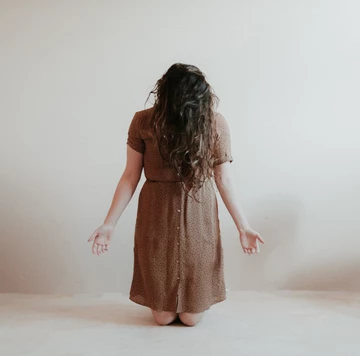
Photo by Priscilla Du Preez on Unsplash – grief
Grief from the loss of the ability for true social interaction and connection. A video chat via a 22-inch computer monitor, while does create opportunity to communicate, is no substitution for the experience of gathering together in person. To hug one another in our joy and in our sorrow. To see and feel a smile, wipe a tear in that same space of connection.
Grief for our children who can no longer be children. They cannot play with their friends on the playground. They don’t splash together in a pool. They do not sit together in school and learn from one another as only they can when in the same physical space.
Daily grief, exhaustion, and frustration as I now struggle to maintain a home and simultaneously try to meet the overwhelm of my work and colleagues’ needs. And often while desperately trying meet these demands, I severely neglect my own mental health in the process. The work that no longer has any semblance of familiar structure (or if it does, it often changes in a breath’s notice) is still expected to be done. But it often now has no definition or process by which to do it. And this leads to a sense of failure coupled with that overwhelm and grief for being so helpless.
Grief for the loss of choice. And that loss of choice coming with the loss of compassion and common decency from our society as we all start pointing fingers and slinging hurtful judgments rooted in our own fears.
So, how does one get past this sense of grief? All of the “feel-good” mentors out there say to go to gratitude. Look at what you DO have versus what you DON’T have. Be appreciative for the little things, the little moments.
Okay, that seems pretty simple. I’ll do that.
I am grateful that I have my income, my home, and food on my table. I am grateful for the supportive, loving people in my life. I am grateful for my health and ability to find ways to stay active despite all of the prior options having been removed.
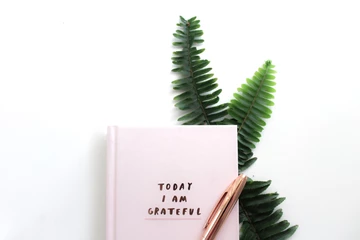
Photo by Gabrielle Henderson on Unsplash
Really. Truly. I AM grateful for all of this. But this reflection comes with a price. The price of guilt.
When I go into this space of gratitude, I start to berate myself in the process. I start to admonish myself for all of the grief I have been feeling and get into the self-deprecating self-talk. This shows up when comparing myself to others. I start to tell myself to stop feeling so sad and be happy that I can eat tomorrow. I don’t have to worry about my next meal. I can take a walk around the block and not have to isolate myself in my home out of fear. I can reach out and call someone and that someone will be there for me.
Cue the guilt. In this comparison I start to feel guilty for my grief and frustration even though these feelings are very real. I start to feel guilty for wanting to have choice. I start feeling guilty for feeling guilty. Then I make the mistake of engaging via media or conversation and then experience a deeper sense of guilt and grief when others start that hurtful process of judgment and berating of my beliefs or behaviors based on their own opinions (and fears).
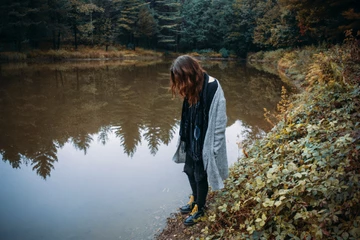
Photo by Riccardo Mion on Unsplash
Desperate to get out of this vicious cycle of my “3Gs”, I started to turn to my training in solution-focused conversations to find a way to look forward to a preferred future, a desired outcome. In solution-focused therapies and coaching, one thing I have learned is the last thing you do is tell somebody how they should feel, what they should do, how they should be. And, these days we’re spending SO much time looking at others and judging what others are doing as a measure of our own well being. “If person X does Y, then it’s better for me.” “You’re a bad person if you don’t subscribe to the exact same activist platform I do even though you’re trying to be supportive and understanding.” “Shame on you for…” And so it goes.
This divisive behavior is toxic. It creates such an incredible sense of separation and adversarial energy that does nothing to serve humanity. If we are going to come to a common unity, this has to stop.
So, I’d like to encourage our society do something different than “protest/battle/fight against” or “anti-whatever”. Instead of trying to point fingers at everybody and be directive or even combative, I ask you all to first look at yourself and determine what you want to be? How you want to live. How you envision your own preferred future, your own desired outcome as a part of our society and humanity. How about we all take the best care of ourselves, bring our best self to the world, where that helps everybody?
Think about that for a moment. If you take care of you and I take care of me, we all benefit. If all of us are the best us: mentally, emotionally, physically, and spiritually, then perhaps our world will begin to heal at its deepest levels and finally climb out of this hole of darkness and into the light again. We can rally or work toward something. Unite for something. And as a united humanity we all thrive and begin to heal in every sense of the word. We can start to do this by having dialogues of empathy and understanding rather than conversations full of criticism and judgment.
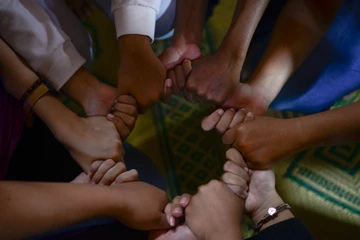
Photo by Riccardo Mion on Unsplash
And, as you begin to have that dialogue with empathy and understanding, you may come to realize that the person in that conversation with you is likely doing the very best that they can in that given moment. As we all are.
Let’s heal this global grief. Together.
And when we do – and I believe that we can – I will be grateful, without the guilt.
